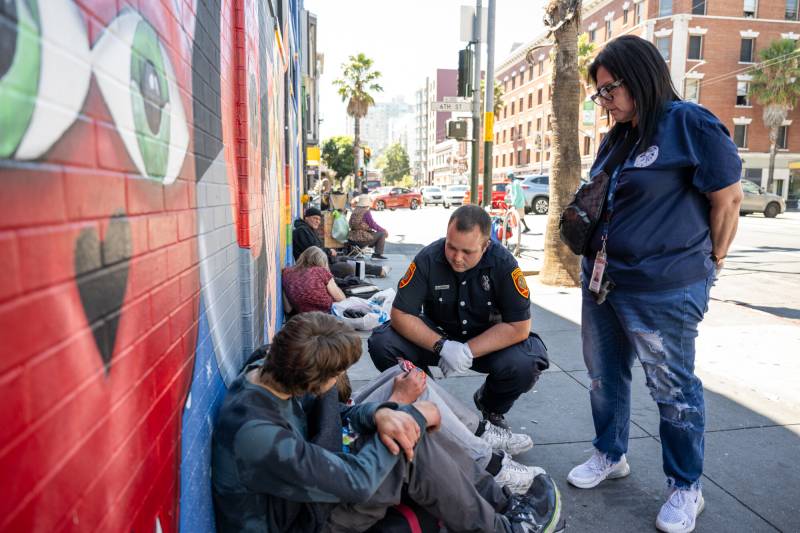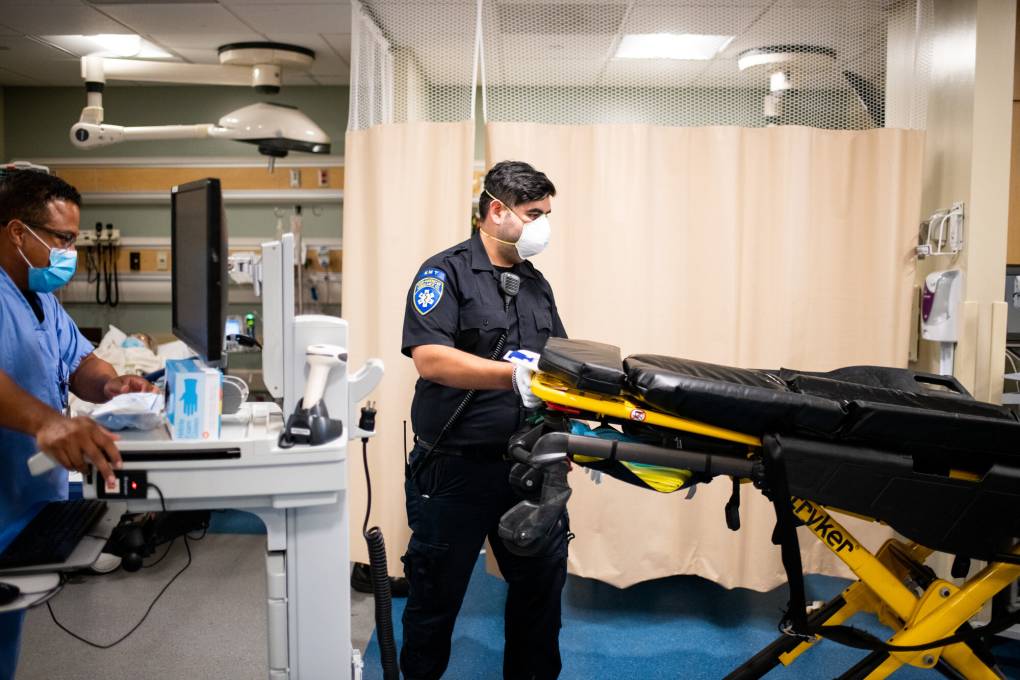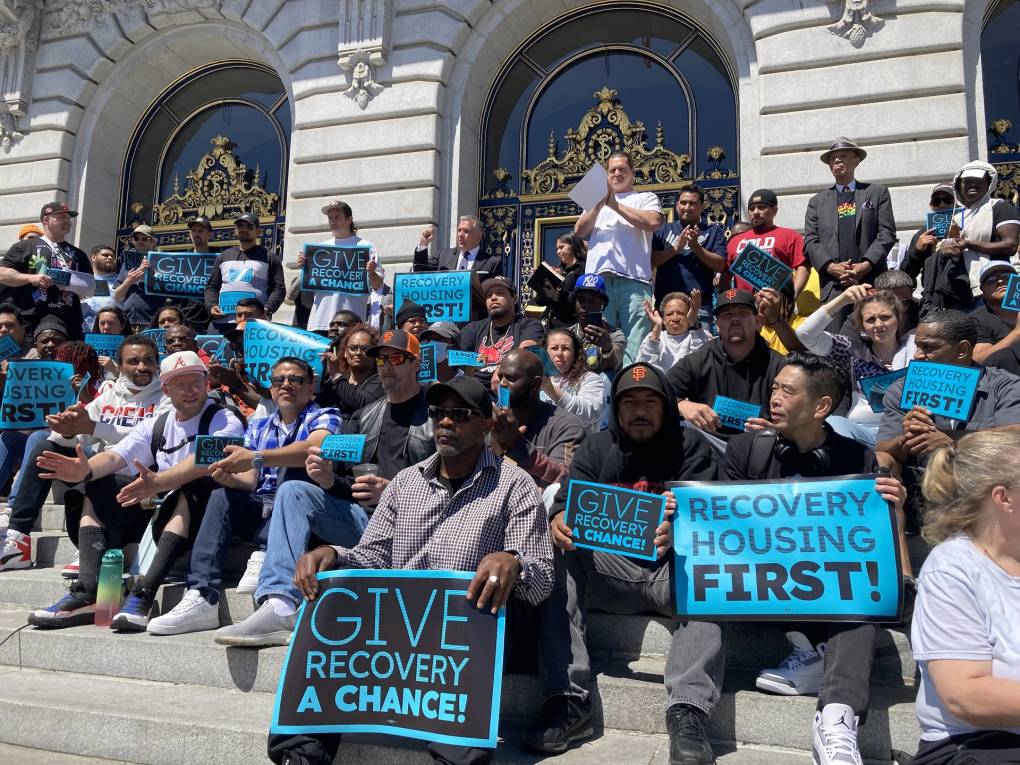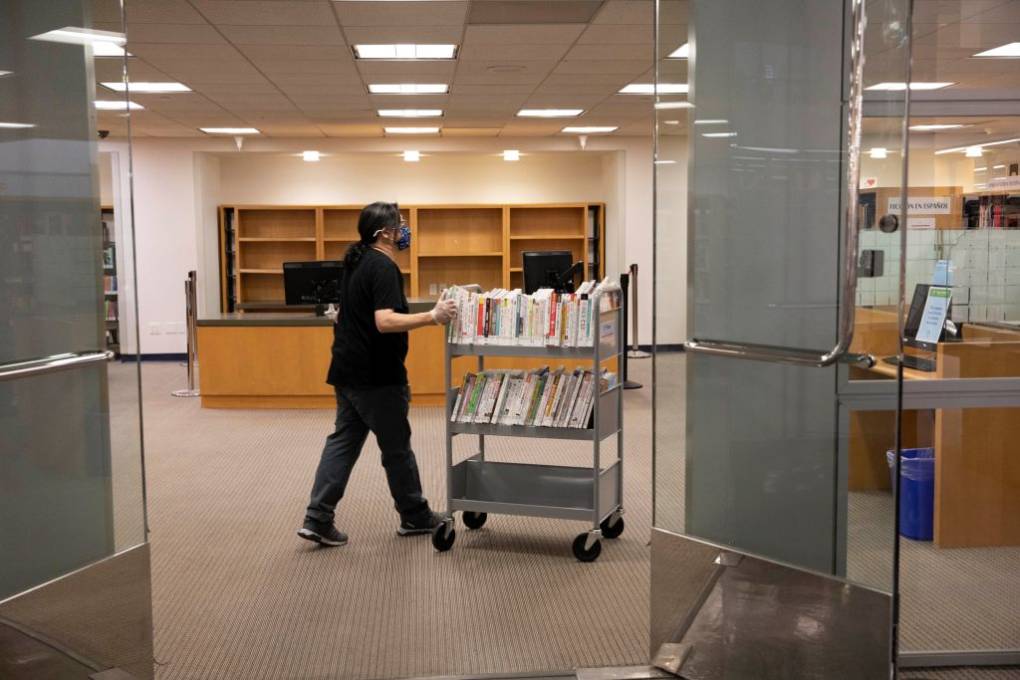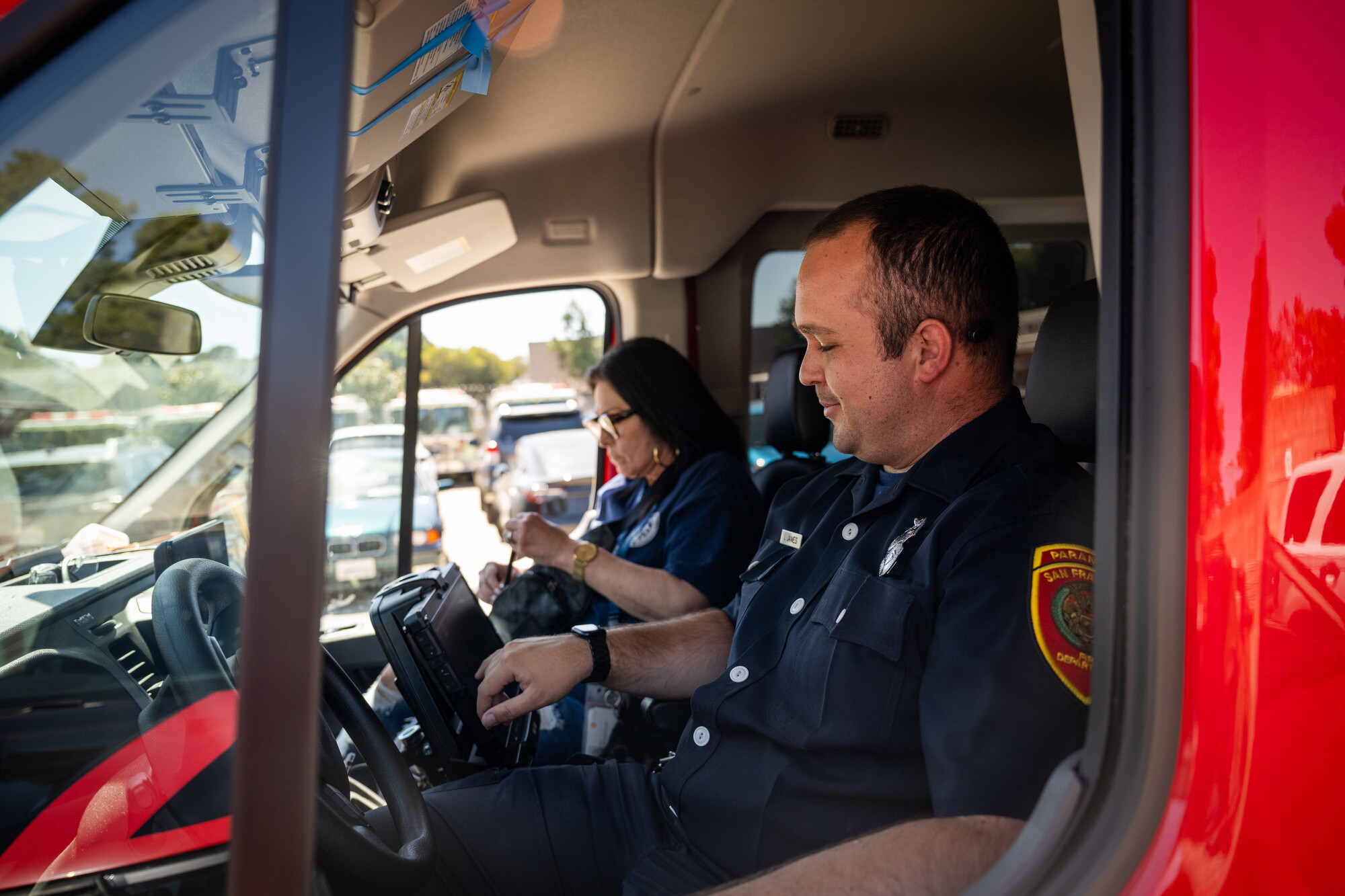About 2.9 million Californians struggle with a substance use disorder, and nearly 11,000 people die annually of an overdose. Yet only around 10% have access to treatment for alcohol or drug abuse, according to the California Health Care Foundation.
Despite the grim numbers, researchers and drug policy experts point to a crucial, often overlooked truth: most residents who struggle with alcohol and drug addiction not only survive but also recover.
A 2020 study published by the Centers for Disease Control and Prevention and the National Institute on Drug Abuse found that three out of four people who experience addiction eventually recover. Many go on to lead rich, fulfilling lives in good health.
The overdose crisis remains a top concern for San Franciscans as they prepare to vote in a close race for mayor. Aaron Peskin, president of the Board of Supervisors, is using his alcohol recovery story as a cornerstone of his election platform in an attempt to replace Mayor London Breed. He hasn’t touched a drop of alcohol in three years, he said.
“I also just wake up much more grateful now,” Peskin said in an interview with KQED’s Political Breakdown. “That whole ‘doom and gloom loop’ that people like to harp on is not how I’m feeling. I know we have real challenges, but I want to make things better, and that’s the experience that I’m living now.”
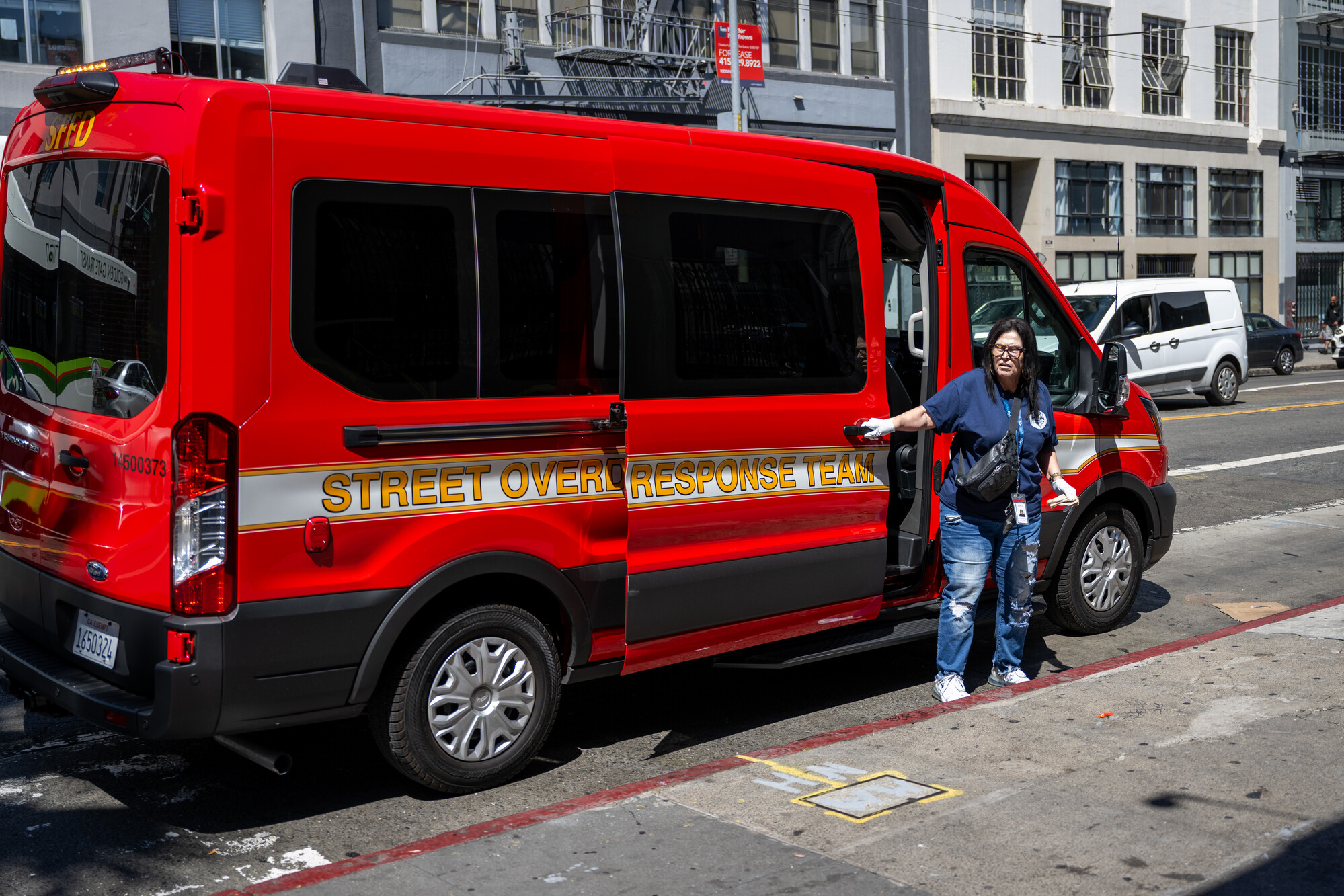
He said he can easily empathize with others who have struggled with addiction — like resident Chantel Hernandez-Coleman.
“I was literally sleeping in bus stops. With one shoe on, screaming at the sky,” she said.
The once fast-moving advertising executive, who spent her days in corporate meetings and sipped martinis at lunch, spiraled into homelessness. Her middle-class upbringing, filled with horseback riding and family barbecues, seemed a distant memory as Hernandez-Coleman’s drinking intensified in her 40s, fueled by depression and anxiety.
Then, her youngest of four sons was diagnosed with a chronic illness. Hernandez-Coleman sought solace in the bottle and dabbled in cocaine to escape the mounting pressure.
“I remember waking up one morning with the shakes, feeling like crap, thinking: ‘I need a drink,’” she said.
